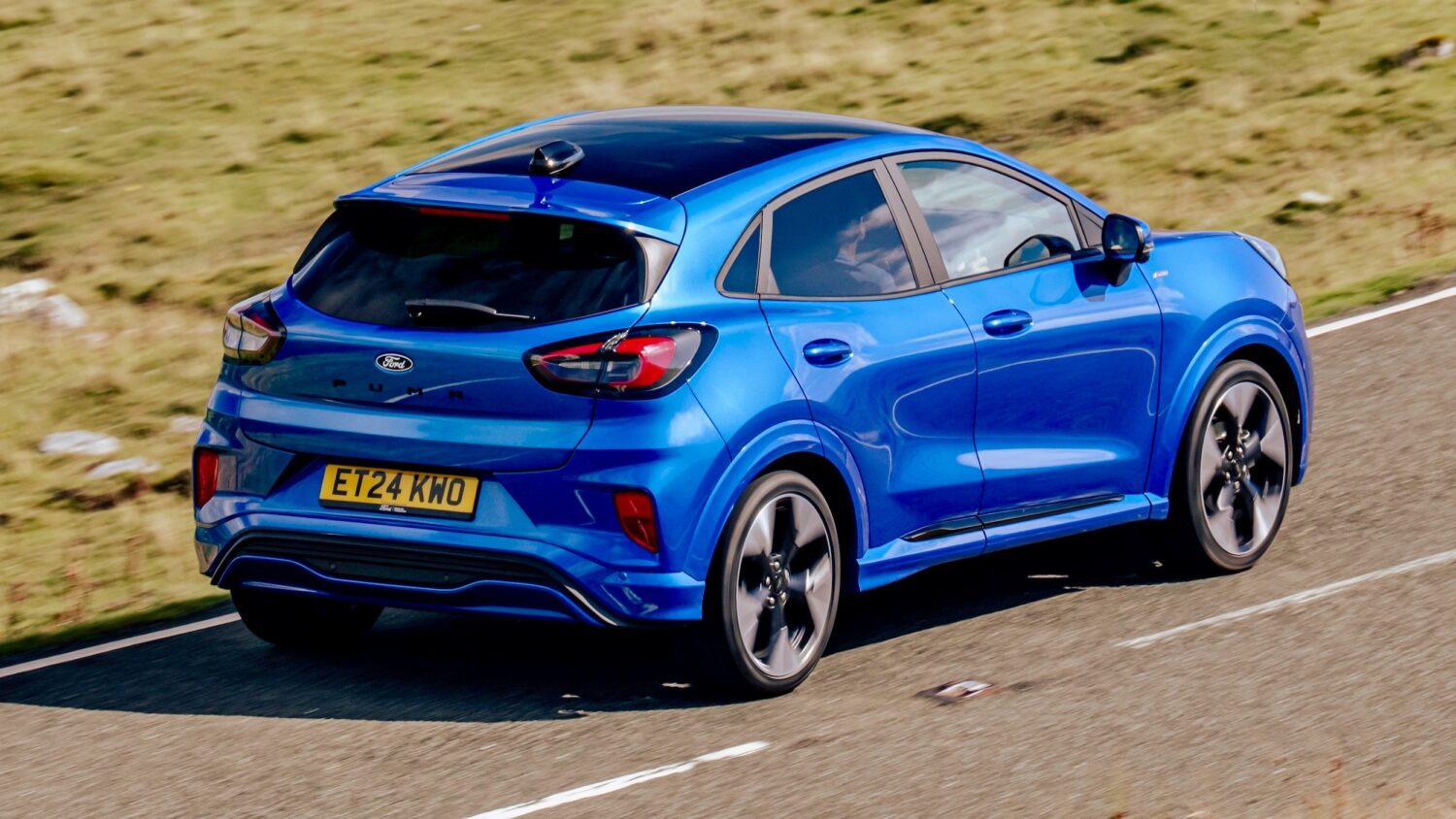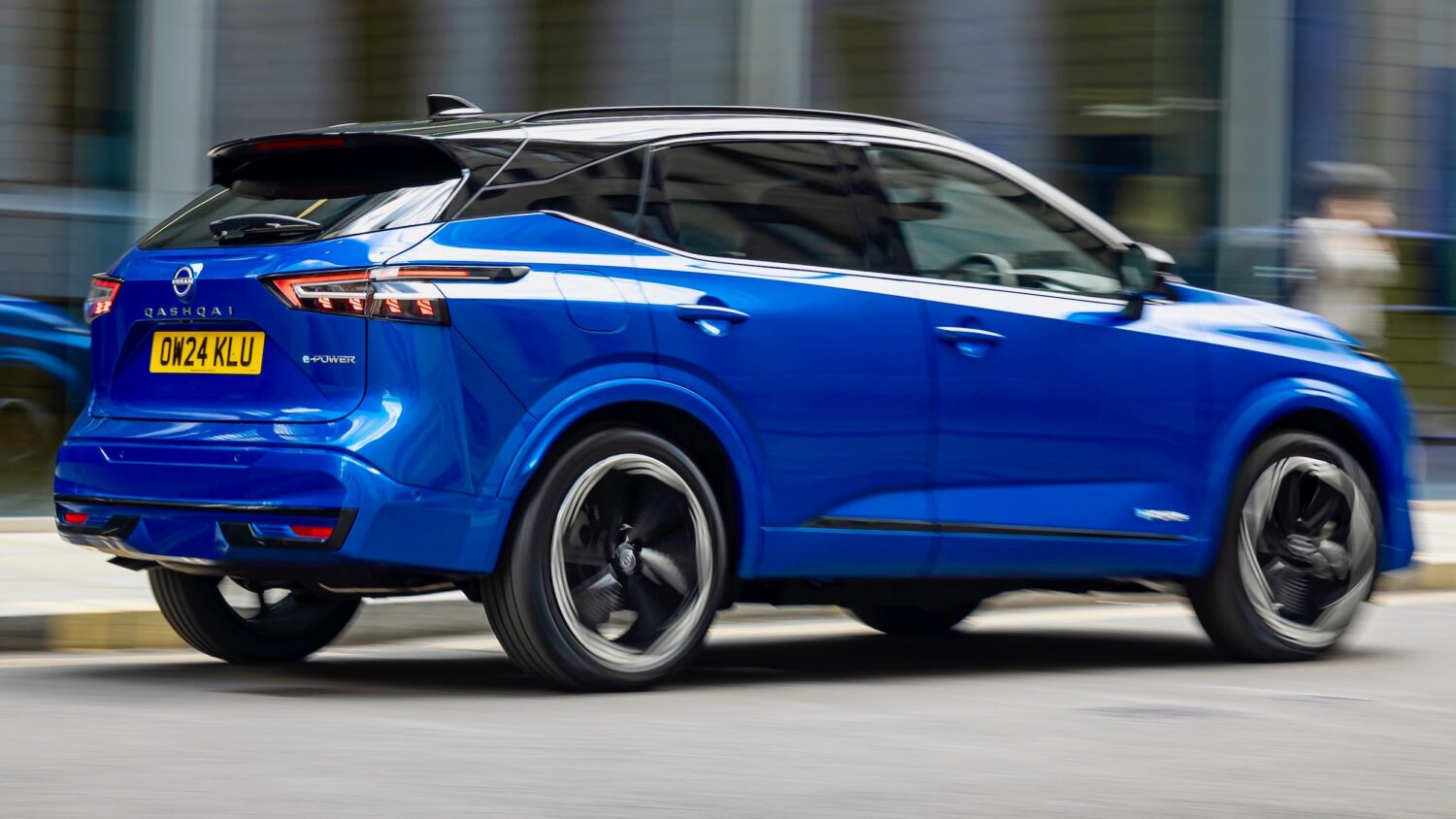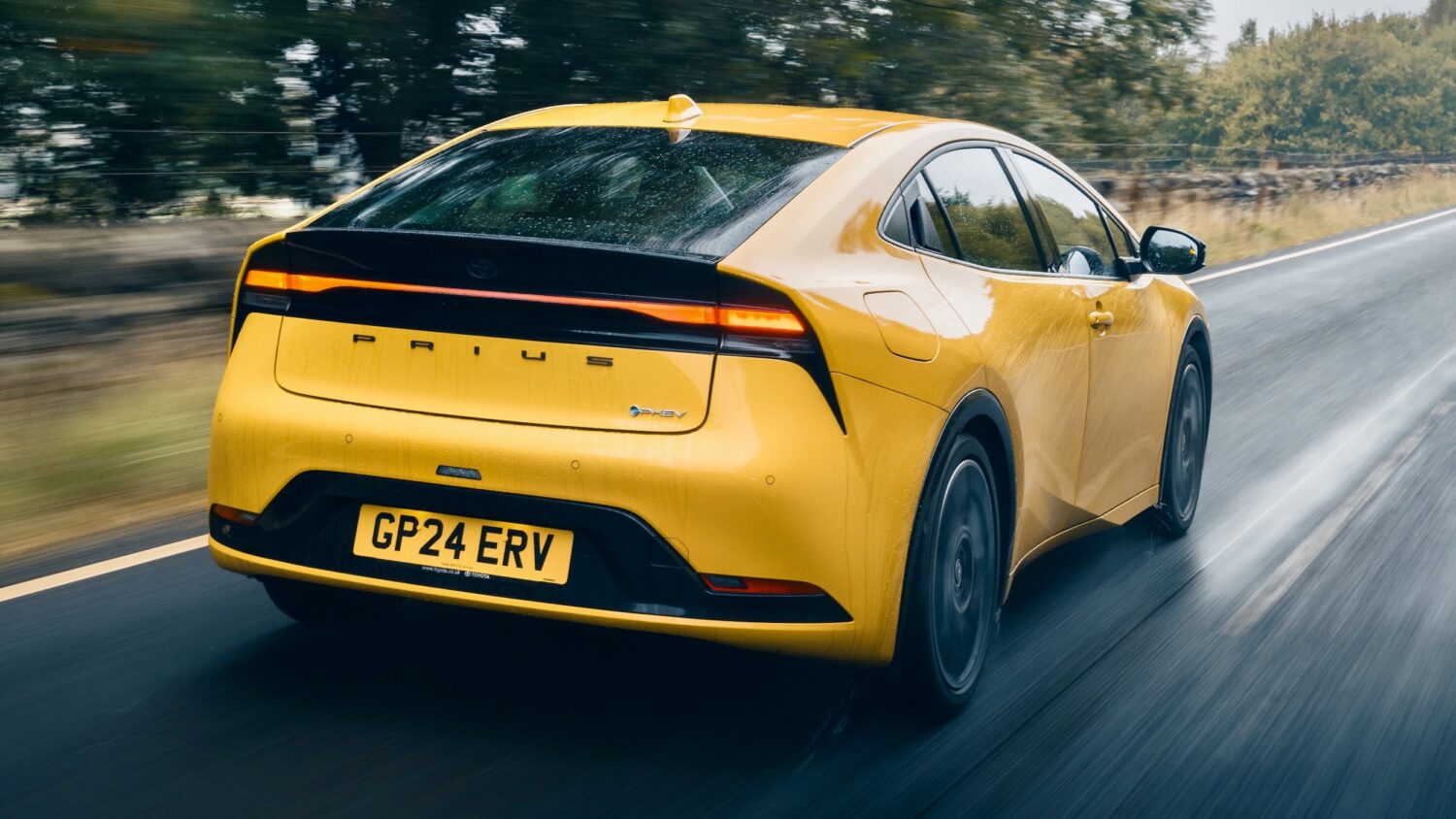Once in a while, a new car comes along to blow your socks off. This year, it was the Polestar 2.
Until it arrived on my drive, I hadn’t been aware of much to get excited about in this Chinese-made offshoot of the Chinese-owned Volvo. I knew they were planning a rival to the Model 3 Tesla, but – yawn! – who isn’t? I had gathered they were attempting something at the higher-performance end of the market, but – snore, bore! – what else is new?
Then I set eyes on the Polestar 2 for the first time in the metal and all those lazy, complacent prejudices immediately blew away.
Thomas Ingenlath’s exterior design is unarguably one of the more successful and engaging of recent times. Its athletic character is entirely unique to itself, but there’s a hint of the original Audi Quattro about the muscularity of its coupe-like rear quarters and a clear influence of Jaguar’s F-Pace in the sturdy profile. It works coherently and dynamically from front to back – which is also true of the car as a whole.





The interior is so witty, it might make you laugh out loud. It’s a matter of routine to criticise cars from the Far East as being bland in the unremitting blackness of their plastics, but while the Polestar’s interior is also black, it is also such a clever and arty mix of blacknesses and textures that it almost amounts to a polyphony. Everywhere you look, there’s a different facet of blackness, including black woods and carbon fibres. Leather can be specified, but it is clearly discouraged in an interior which prefers to call itself vegan.
Following Tesla, a massive tablet dominated the centre console – an iPad imitator so blatant that Polestar may be running the risk of plagiarisation. However, the 2 is the first car to run on Google OS, so Google Maps is built in, as is Apple CarPlay.




Unlike some electrics where the range of in-car and chassis adjustments available is so multitudinous that you might barely scratch their surface in a year with the car, the Polestar 2 is pure simplicity to operate. It doesn’t even have a start/stop button. You just get in the car with the key in your hand/pocket and it’s ready to go. Put it in Sport and it’s ready to go like stink.
The Long Range Motor set up on our test car provides 330Nm of torque which will knock off 0-62 mph in 7.0 seconds. This may be significantly slower than the Tesla 3, but there’s real-world useability about the Polestar’s power, especially given its sphincter-shrinking regenerative braking. The Tesla will throw your head back under full-out acceleration. The Polestar will practically put your head through the windscreen if you lift full-off at speed.





This braking power makes the Polestar out-of-this-world to drive enthusiastically on country roads where you can balance “go” and “slow” so delicately on the accelerator that you might not touch the brake pedal from beginning to end of a journey. Despite the weight of batteries and motors, the four-wheel-drive version we borrowed remained unperturbed through corners and hung on flat and true.
You may have heard complaints about the price of the Polestar 2. Given the all-in price of £47, 350 for our test car, those whinges may seem justified. The answer, however, would be to point the critics in the direction of prices for the Tesla Model 3, where you would find considerably more money demanded to achieve a comparable spec.
That comparison would seem to confirm that the Chinese owners of Polestar are playing a very savvy game with this car. – As if you didn’t know…

Neil Lyndon
Motoring Correspondent
Neil Lyndon has been a journalist, broadcaster and writer on the UK’s national stage for 40 years, writing for every “quality” newspaper on Fleet Street. He started writing about cars and motorbikes for The Sunday Times in the 1980s and was Motoring Correspondent of the Sunday Telegraph for 20 years, having previously written a column on motorbikes for Esquire. He is also recognised as a leading commentator on gender politics, having published No More Sex War in 1992 – the first ever critique of feminism from a radical, egalitarian point of view.
What the others say on YouTube
A selection of the latest video reviews of this car….Just click to watch on this page.
Recent Reviews
The latest cars, suvs and crossovers reviewed by our experienced journalists.
Kia EV9 Plugged in, V2L with the Weber Lumin BBQ
Five days in Dorset – Camping has always been a love-hate experience for me WATCH OUR VIDEO BE…
Ford Puma 1.0 mHEV ST-Line, Best Seller
We all loved the Fiesta, but now the award-winning, sales-topping Ford Puma takes the lead Car Revie…
Nissan Qashqai e-Power, still the best Peoples SUV
Electric cars just don’t suit everyone and never will Car Reviewed: Nissan Qashqai e-POWER 190…
Toyota Prius Plug-in, easily the best yet
Fresh looks, improved tech and economy give the long-running Toyota Prius Plug-in hybrid a major boo…




